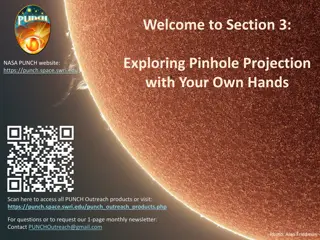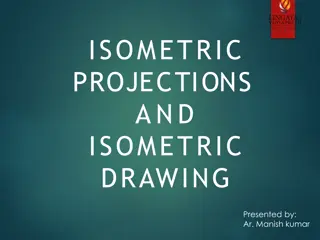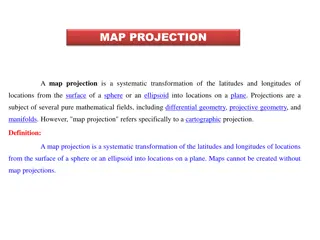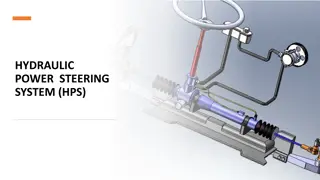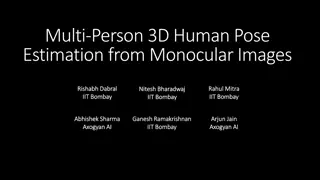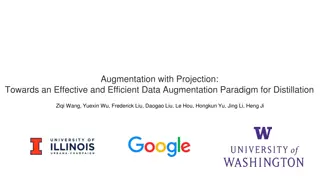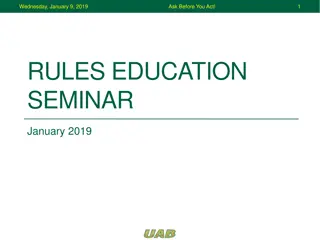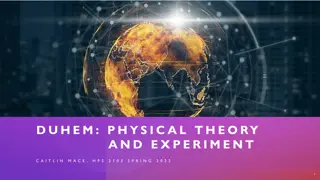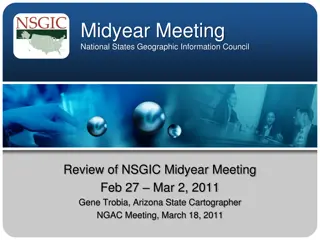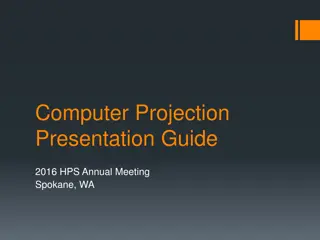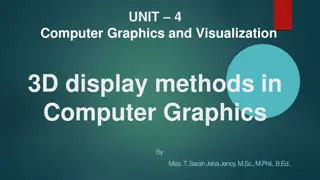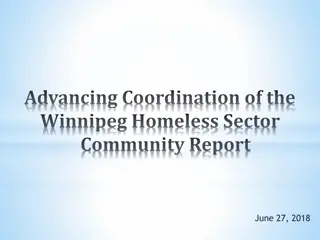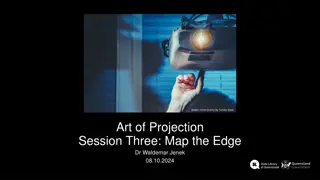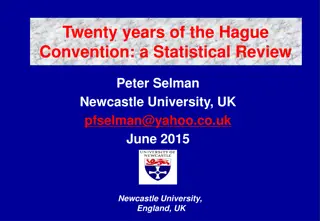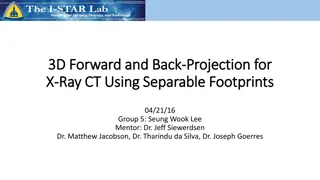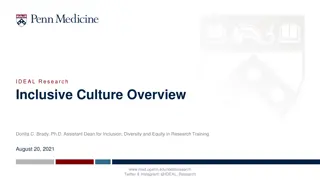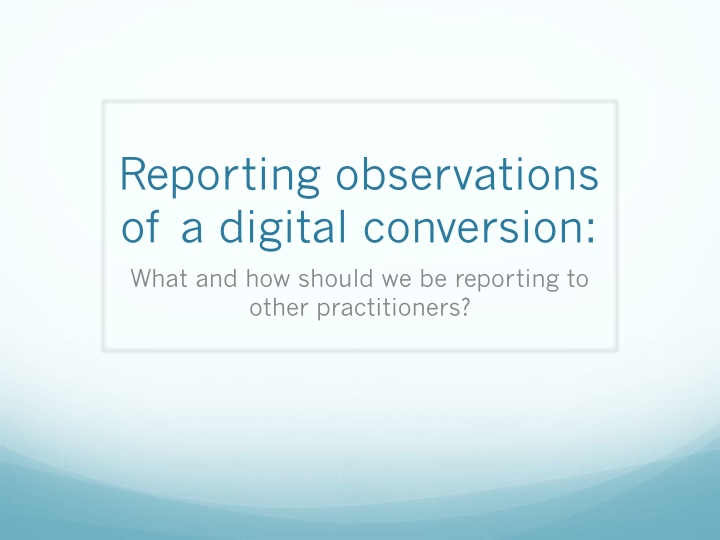
Computer Projection Presentation Guide 2018 HPS Midyear Meeting
This presentation provides information about the computers used at the HPS meeting, guidelines for developing a presentation, deadlines for submission of presentations, and essential requirements including file formats, speaker preparation, and style guidelines for effective communication. Additionally, it addresses common problems encountered in presentations and emphasizes the importance of clear visual aids, concise content, and professional design.
Download Presentation

Please find below an Image/Link to download the presentation.
The content on the website is provided AS IS for your information and personal use only. It may not be sold, licensed, or shared on other websites without obtaining consent from the author. If you encounter any issues during the download, it is possible that the publisher has removed the file from their server.
You are allowed to download the files provided on this website for personal or commercial use, subject to the condition that they are used lawfully. All files are the property of their respective owners.
The content on the website is provided AS IS for your information and personal use only. It may not be sold, licensed, or shared on other websites without obtaining consent from the author.
E N D
Presentation Transcript
Reporting observations of a digital conversion: What and how should we be reporting to other practitioners?
Questions for us to address: What are ways that this information can be captured and reported in productive ways that extend the value being experienced by students, their teachers, and the administrators who support these efforts? How can traditional practitioners and even practitioners who have comfortably begun practicing within the realm of digital conversion , systematically collect and report, as informed by research methodologies, the work that they re doing in this new paradigm? What venues seek and support these sorts of reporting? What sorts of non-traditional publishing avenues could be leveraged to help impact the practices of countless educators who will embark within this contemporary arena of learning in the digital age?
What is digital conversion? 1:1 + LMS + digital content + digital resources + shifts in pedagogy + shifts in administrative support How the school transforms and then sustains the business of instruction in a new paradigm https://www.edsurge.com/news/2014-04-30-no-more-pencils-no- more-books-a-district-digital-conversion http://dc.eastiron.org/
What is the digital classroom? My own experiences My own experiences d digital igital c classroom (2007 and 2015) lassroom (2007 and 2015) 2007 2015 http://hlwiki.slais.ubc.ca/index.php/Digital_classroom
Differences in the digital classroom Not just tools Not just access to digital content It s a fundamental shift in approach and practice Let s look at the SAMR model
Teaching practice transformation? Considerations Understanding student motivation (differently) Understanding capabilities of the tools (new tools) Understanding differences from traditional class experiences (comparative and translational thinking) Reconsidering learning objectives (ah-ha! and packaged content insights) Reframing assessment (guiding students is different) Differentiating instruction Completion and mastery Interactive e-assessments Sharing student work online Synthesizing learning Re-conceptualizing teaching practice through transformative professional development experiences (Mooresville PD on 4-19-2016)
Stories Math teacher at East Irondequoit CSD (Ingel) ELA teachers at Greece CSD (Jeanne and Sally) Social Studies teacher at East Irondequoit CSD Intermediate teachers at Bloomfield CSD Primary teachers at East Irondequoit CSD Science teacher at Victor CSD Beginning phases at Canandaigua City Schools Mooresville Graded School District teachers delivering PD to East Irondequoit CSD teachers
Learning practice transformation? Shared stories from Greece CSD and East Irondequoit CSD Learning to use tools, learning how to learn again Sustained engagement with the teacher and each other that they re not used to (with good design) Tighter connection to the course content Self-regulation of learning (course structure, completion in LMS, mastery in LMS, teacher guided and differentiated) And of course, Netflix, yeah Netflix
Administration practice transformation? School s WiFi network and communications bandwidth Administrative support Implementation planning Professional Development and Learning Communities Resources, Apps, and Web-based tools Classroom management students and devices (social and technological) Device logistics beginning of year, end of year distribution, collection, storage, repairs, replacements, tracking, usage Identifying data requirements for student use and achievement Near-term and long-term budget impact on the District
Leadership commitment? Superintendent and the members of the digital conversion team (DCT) showing up for EVERY key function from announcement of the program to faculty meetings to board meetings to superintendent s day to PTA meetings, and the list goes on and on It can t be the checklist approach to leadership
So what Where does all this activity leave us? Situate us? Help us understand what s going on in K-12? How should we report it? And so the so what questions might be informative
Questions for us to address: What are ways that this information can be captured and reported in productive ways that extend the value being experienced by students, their teachers, and the administrators who support these efforts? How can traditional practitioners and even practitioners who have comfortably begun practicing within the realm of digital conversion , systematically collect and report, as informed by research methodologies, the work that they re doing in this new paradigm? What venues seek and support these sorts of reporting? What sorts of non-traditional publishing avenues could be leveraged to help impact the practices of countless educators who will embark within this contemporary arena of learning in the digital age?

